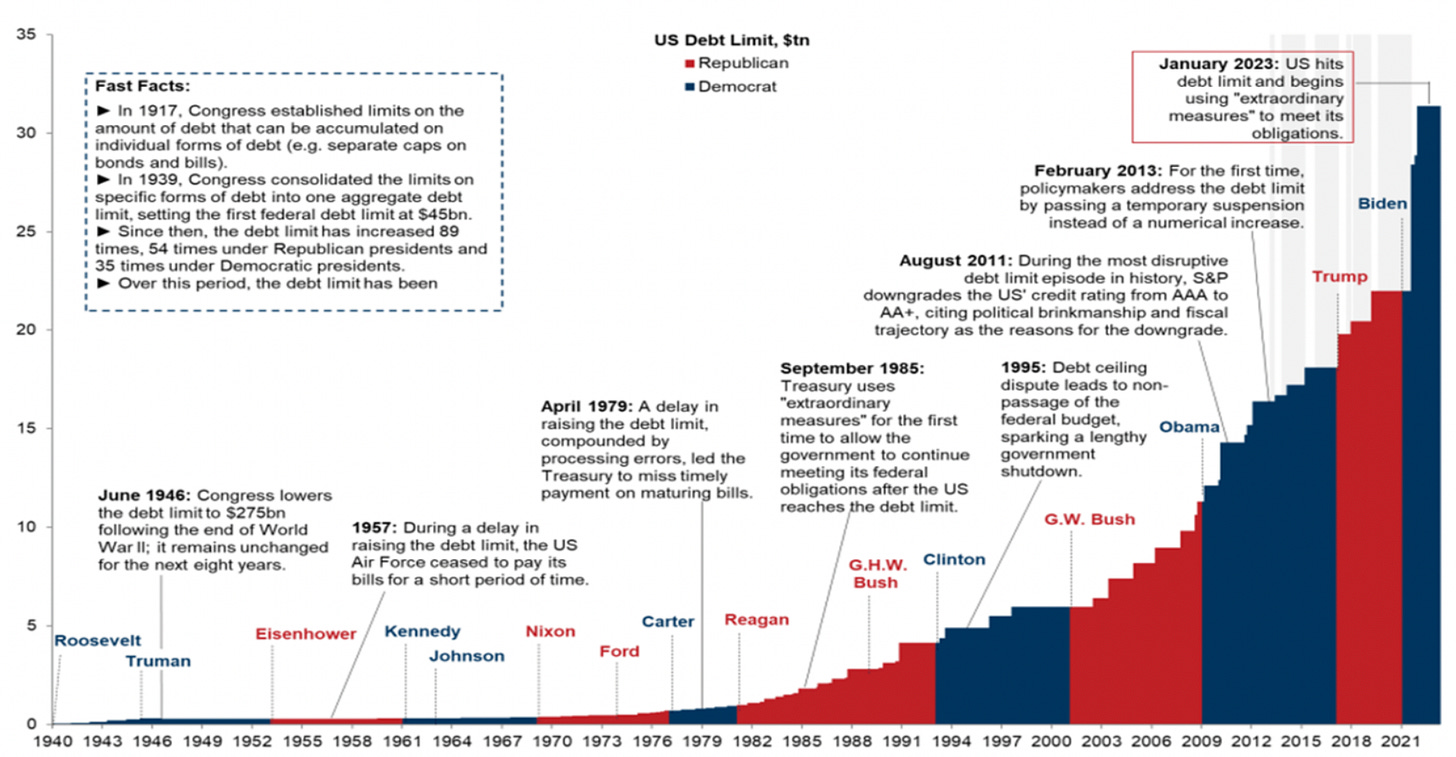Comfortable Enough Not to Notice or Protest
On the normalization of state dishonesty, concealment, and abuse.
The hazard of paying attention to “the course of human events” is that the observer may become too preoccupied with all the vice and corruption and therefore fail to appreciate the good things that our civilization provides for us.
I appreciate the wisdom of not allowing oneself to become too critical. Always seeing the bad side of things takes the fun out of life and the pleasure out of being in the company of one’s fellow man.
Most of the time, this posture is indeed the most reasonable and sociable. Being too critical and serious makes one a bore.
However, this same posture may become perilous if one assumes it in one’s attitude towards the State. Modern man has long been in the habit of believing in the State and looking to the State to provide him with security and guidance.
We want to believe that the State is interested in our well-being and that it wants what is best for us. When things are going well for a nation—that is, when the majority of its citizens are enjoying a decent standard of living—our tendency is to credit the state for our peace and prosperity.
During such times, the citizenry may cease paying attention to what the men who run the state are doing. This explains why we are often surprised when a crisis or disaster occurs. Because the men who run the state are adept at claiming that they too didn’t see it coming, they are usually able to conceal the fact that it was their policies and actions that caused the disaster.
One of the most prosperous periods of European history was the so-called Belle Époque between 1871-1914. I once attended an aristocratic ball at the Grandhotel Pupp in Karlovy Vary (Carlsbad) Czech Republic, and I marveled at the fact that the final, splendid additions to the hotel were completed in 1913.
Had I gone to a ball during the summer of 1913 and told the German and Austro-Hungarian aristocrats attending that a cataclysm would soon strike their world and almost completely destroy it, most of them would think that I was a crazy bore.
Speaking of German aristocrats, there’s a passage in Joachim Fest’s biography of Hitler in which Hitler explains to one of his comrades how the German aristocracy can be persuaded to go along with the National Socialist project for Germany. To paraphrase it (if my memory serves me):
All these lazy aristocrats want to do is retire to their estates and go fishing with the assurance that they are secure. All we have to do is persuade them that we will provide them with the security they crave, and they won’t concern themselves with the rest what we are doing.
It’s possible that our American civilization will remain comfortable and secure enough for the majority of its citizens not to notice or protest what their government is doing.
Since 2009, we’ve been able to maintain our high standard of living largely by financing it with debt.
Because less than 1% of the U.S. population serves in the active-duty military, and because most of our military actions (either by our own forces or by proxies) are performed abroad, our people are able to remain unaware of the costs, brutality, and risks of war.
Regarding the dangers of vaccines that we often report in this newsletter: Most people are not inclined to pay attention to these dangers unless they or their children are injured by a vaccine. Even then, many don’t recognize that their injuries were caused by a shot because their doctors deny the link.
John Maynard Keynes once famously remarked of short selling stocks that “the market can remain irrational longer than you can remain solvent.” His observation may equally apply to the business of having a healthy relationship with the state.
If one is too critical and pessimistic, one may fail to enjoy the good times at hand. However, a people that places too much trust in the state will likely be badly abused and ultimately led into a disaster with terrible consequences.




Hi John. A small compliment here. I enjoy reading your posts as they tend to be succinct and interesting. Adding pertinent historical and literary references is a bonus. It's a gift. Glad you're choosing share with us. Cheers!
Amen.
Sadly, much of that fiat debt-based borrowing and spending economy, goes directly to producing weapons of war. Most of the apparent prosperity produces nothing of any real value - just countless deaths, that most of us are happy to ignore. It enriches the less than one percenter ruling class, and provides jobs in dirty and blood-soaked industries, creating an economy of Imperialist degeneracy.
We used to make things of value and utility. How long ago was that?
I recently heard that if you subtract the AI Data Center boom, designed to enslave and destroy the many of us - US economic growth has been less than one percent, for the past year.
While Russia has been forced to expand their weapons making, to defend against NATO aggression - the sanctions that were supposed to have destroyed their economy ("turn the Ruble into rubble") have completely backfired. Their economy is growing - and because we cut them off, they've been forced to re-invest in their own domestic production, making them less vulnerable to the global chaos sure to result, when the US dollar stops being the global reserve currency; or otherwise collapses.
I can't tell if the Captains on our Titanic imperial voyage, are aiming for the iceberg out of foolishness and hubris - or if they're deliberately trying to kill us all. I'm guessing that they all have reserved seats, in the lifeboats.